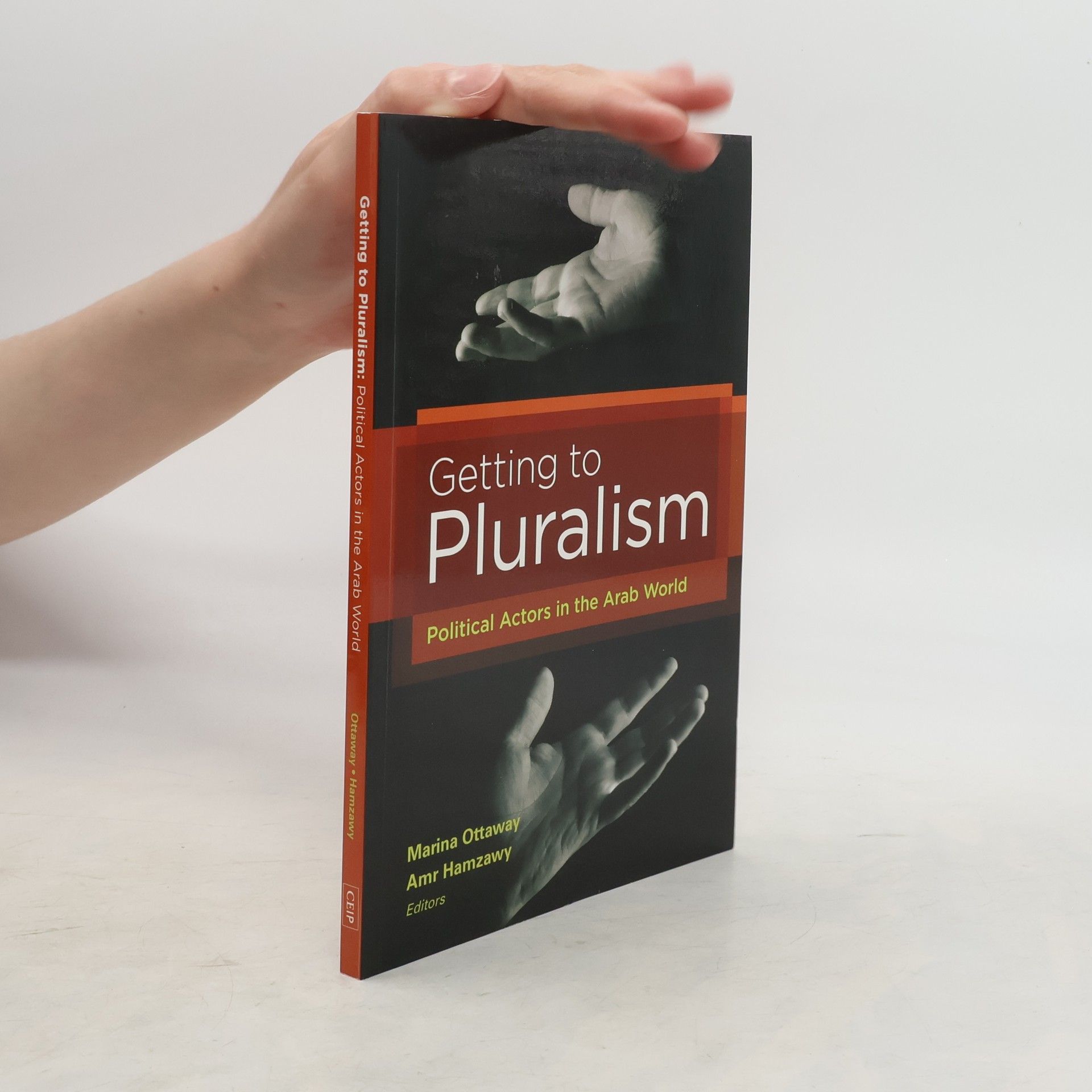Pluralism in the Arab world has not yet matured into functional democratic politics. While ruling establishments, Islamist movements, and secular parties have introduced a much greater degree of pluralism into Arab societies, the imbalance of power and interdependence among these actors limits both the degree of political diversity and its effectiveness at bringing about reforms. The Arab world is likely to grapple with political apathy, low voter turnout, dwindling membership in registered parties, and shrinking constituencies for the foreseeable future. Even the Islamists, who demonstrated great ability to organize and gain followers in the past, have begun showing signs of decreasing popularity. Getting to Political Actors in the Arab World explores the balance of power between the disparate political forces of the Arab world. The essays in this volume examine the characteristics of the major political actors in great detail and assess the weaknesses of the secular parties. They also illustrate the complexities of Islamist participation in the political processes of several Arab countries—pointing out both similarities and differences. Finally, the authors evaluate how incumbent Arab regimes have been able to maintain their grip on power in spite of their claims that they support political and social reform.
Amr Hamzawy Libri


Die arabischen Staaten
Geschichte - Politik - Religion - Gesellschaft - Wirtschaft
- 401pagine
- 15 ore di lettura